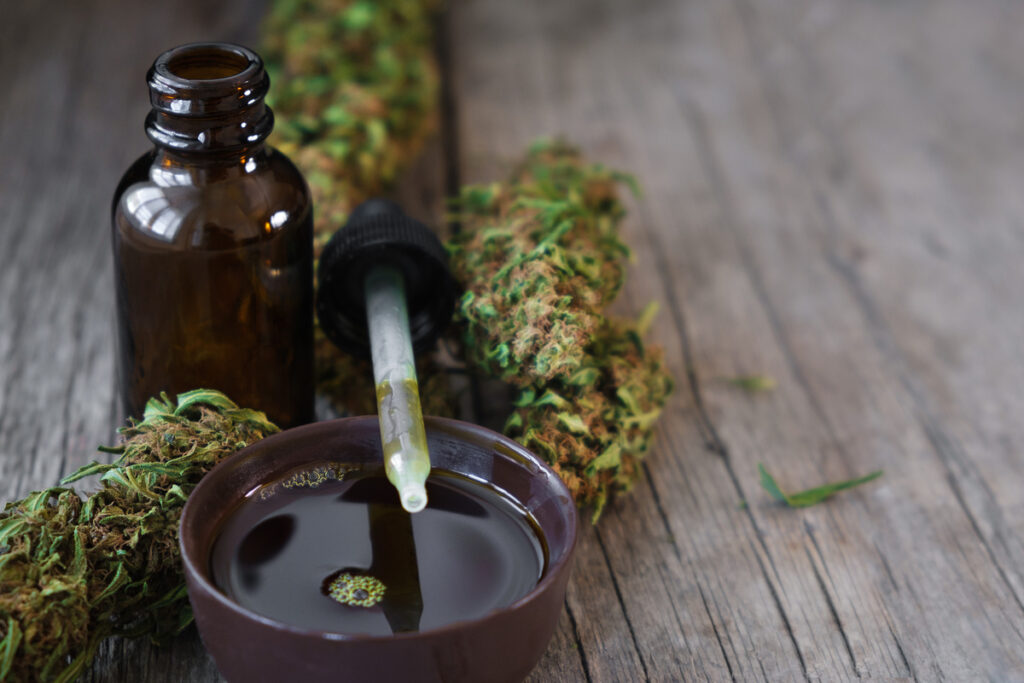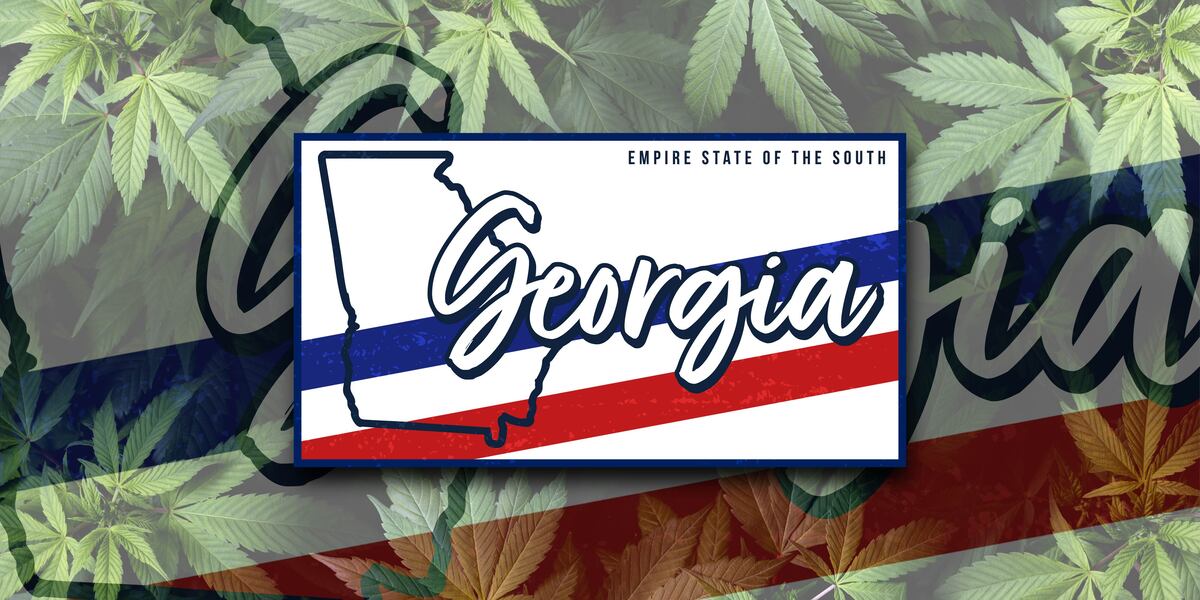Georgia’s cannabis industry is entering a new regulatory phase with the introduction of Senate Bill 494 and the implementation of updated packaging laws effective October 1, 2024. For manufacturers, distributors, and retailers dealing with hemp-derived THC products, understanding Georgia’s cannabis packaging rules is essential to ensure legal compliance and avoid penalties.
This guide breaks down everything you need to know about Georgia’s cannabis packaging laws, including product requirements, labeling, and THC limits.
Regulatory Framework and Oversight
Georgia’s consumable hemp program is managed by two main agencies.
- The Georgia Department of Agriculture (GDA) handles retail hemp-derived products, such as THC gummies and tinctures, under Rule 40-32-5.
- The Georgia Access to Medical Cannabis Commission (GMCC) oversees low-THC oil through Rule 351-4.
A key law to know is SB 494, which outlines the legal rules for hemp-derived cannabinoids, including delta-8 and delta-9 tetrahydrocannabinol (THC).
What’s Allowed:
- Edibles (e.g., gummies and baked goods)
- Tinctures
- Beverages
- Topicals
What’s Prohibited:
- Raw hemp flower or leaf
- Alcohol-infused cannabis products
- Cannabis-infused food (unless it meets full compliance and testing rules)
Packaging Submission and Approval Process
Before selling products in Georgia, all packaging and labeling must be submitted for review and approval. This includes both the main product packaging and any exit bags used at checkout.
The requirements for this review include the following:
- Child-resistant (must comply with the federal Poison Prevention Packaging Act)
- Tamper-evident
- Opaque (must block the view of the product inside)
- Resealable (required for products with multiple servings)
- Free of contaminants and made to prevent adulteration
To move forward, manufacturers need a valid license and must send packaging designs to the Department for approval before the product goes to market.
Product Packaging Standards
All product packaging must follow specific rules to protect consumers and meet Georgia guidelines.
General requirements include the following:
- It must be designed so that it does not attract children
- Tinctures must include a calibrated dropper for accurate dosing
- Packaging cannot look like candy, snacks, or popular soda brands
- Products must not imitate medical cannabis packaging or use protected trademarks
These rules support child-resistant cannabis packaging in Georgia standards and help keep products safe and compliant.
Prohibited Packaging Features
To meet Georgia cannabis packaging rules, products must avoid the following:
According to Georgia law, the THC content and servings for each product type must follow strict limits:
- Gummies – 10mg delta-9 THC per serving; maximum 150mg per package
- Beverages – 5mg per 12 oz; must be in single-serving containers only
- Topicals – Up to 1000mg THC per packaging
- Tinctures – 1mg per serving, containers cannot exceed 10 fl oz
Products with multiple servings need resealable, child-resistant packaging and clear serving instructions. This follows the Georgia cannabis product resealable packaging rules.

Labeling Requirements
Every product label must clearly show these important details:
Mandatory Elements
- Product name and category (e.g., gummy or tincture)
- Net contents (weight or volume)
- Serving size and number of servings
- Production date and batch/lot number
- The universal THC symbol, at least 1” in diameter, with high contrast
- Clear warning statements:
- “Keep out of reach of children”
- “May cause impairment”
- “Effects may be delayed up to 2 hours”
- FDA disclaimer, if it applies
Lab Testing/Certificate of Analysis (CoA)
- Include a QR code or website link to the Certificate of Analysis (CoA)
- Lab results must list:
- THC, CBD, CBDa, CBG, CBN, HHC content
- Screening for heavy metals, pesticides, mold, and solvents
- The CoA must be less than 12 months old and come from an ISO-accredited lab
Advertising and Marketing Limits
Georgia’s packaging rules also control how cannabis products can be advertised and marketed. Advertisements must never target minors or use imagery that appeals to children. This includes avoiding any marketing that mimics popular commercial food or beverage products.
The law also prohibits making false claims about curing or treating diseases. Marketers cannot suggest therapeutic or medical benefits unless explicitly allowed. Additionally, references to medical cannabis or its therapeutic use are not permitted in advertising for hemp-derived products.
These restrictions help ensure cannabis marketing stays responsible and complies with Georgia’s regulations.
Compliance, Testing, and Enforcement
All consumable hemp products in Georgia must undergo annual testing and come with a valid Certificate of Analysis (COA). Retailers are required to keep complete documentation for every product they sell, ensuring transparency and traceability.
Failure to comply with these rules carries serious consequences. Authorities can seize non-compliant products, impose civil fines, and revoke licenses. In cases of severe violations, offenders may face misdemeanor charges. These measures enforce safety and legal standards across the market.

Final Word
Georgia’s cannabis packaging regulations are detailed and continue to change. Whether you make gummies or sell tinctures, following the state’s rules on packaging, labeling, and potency is essential to stay compliant. Always submit your packaging for approval, use clear and accurate labeling, and ensure every product includes up-to-date lab testing.
Are you a cannabis or hemp business in Georgia trying to source state-compliant packaging? Custom 420 Supply has you covered! We invite you to reach out through our contact page to learn more.
Frequently Asked Questions (FAQs)
Yes. Georgia law mandates that cannabis and hemp product packaging include a QR code or website link to a valid Certificate of Analysis (CoA).
Yes. Labels must use clear, easy-to-read fonts and simple language. They should include mandatory information such as the product name, net contents, serving size, production date, and required warnings. The label must also display the universal THC symbol.
No. Packaging and marketing materials cannot make false or unapproved medical or therapeutic claims. References to medical cannabis or therapeutic use are prohibited unless specifically authorized. This ensures compliance with state regulations and protects consumers from misleading information.

